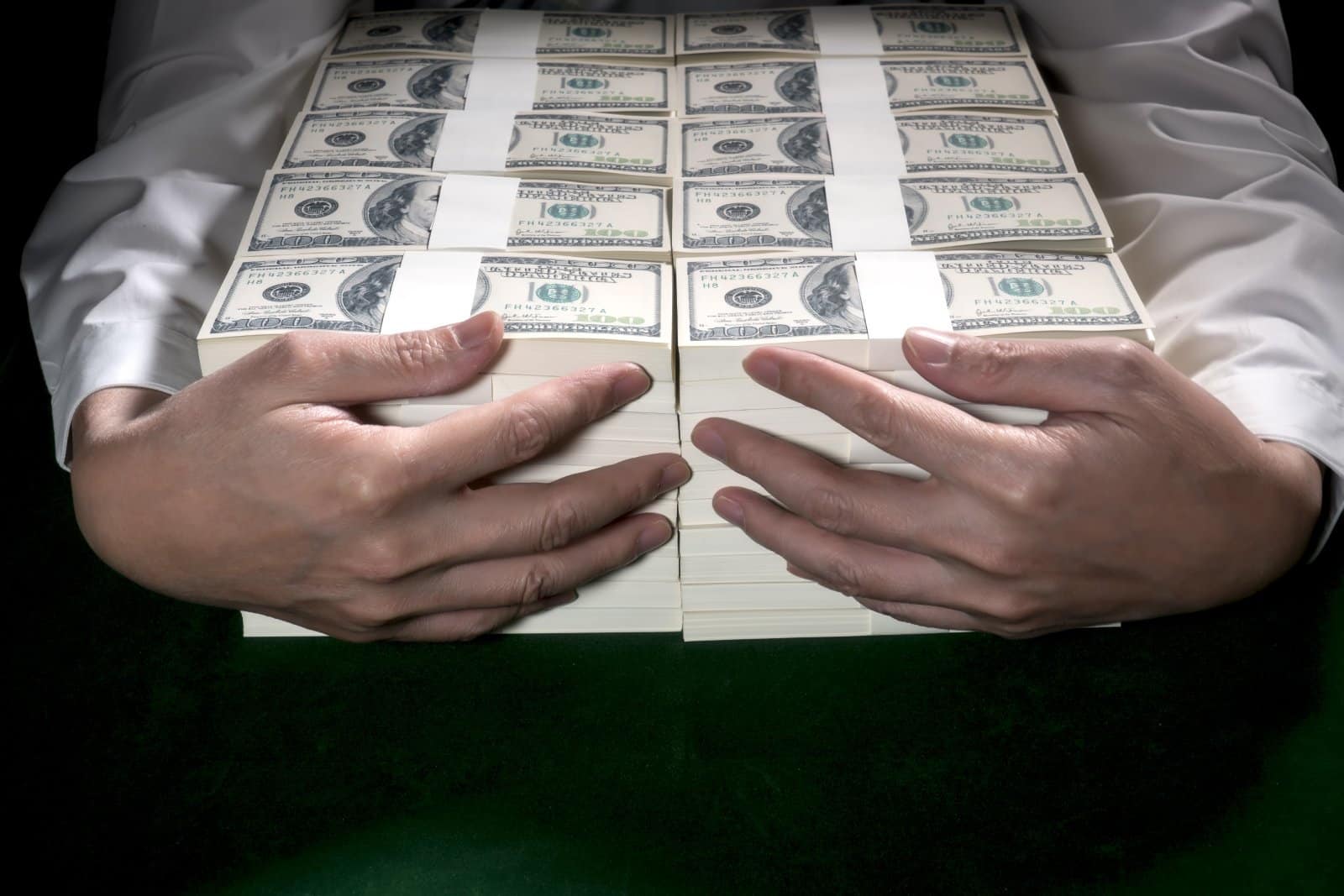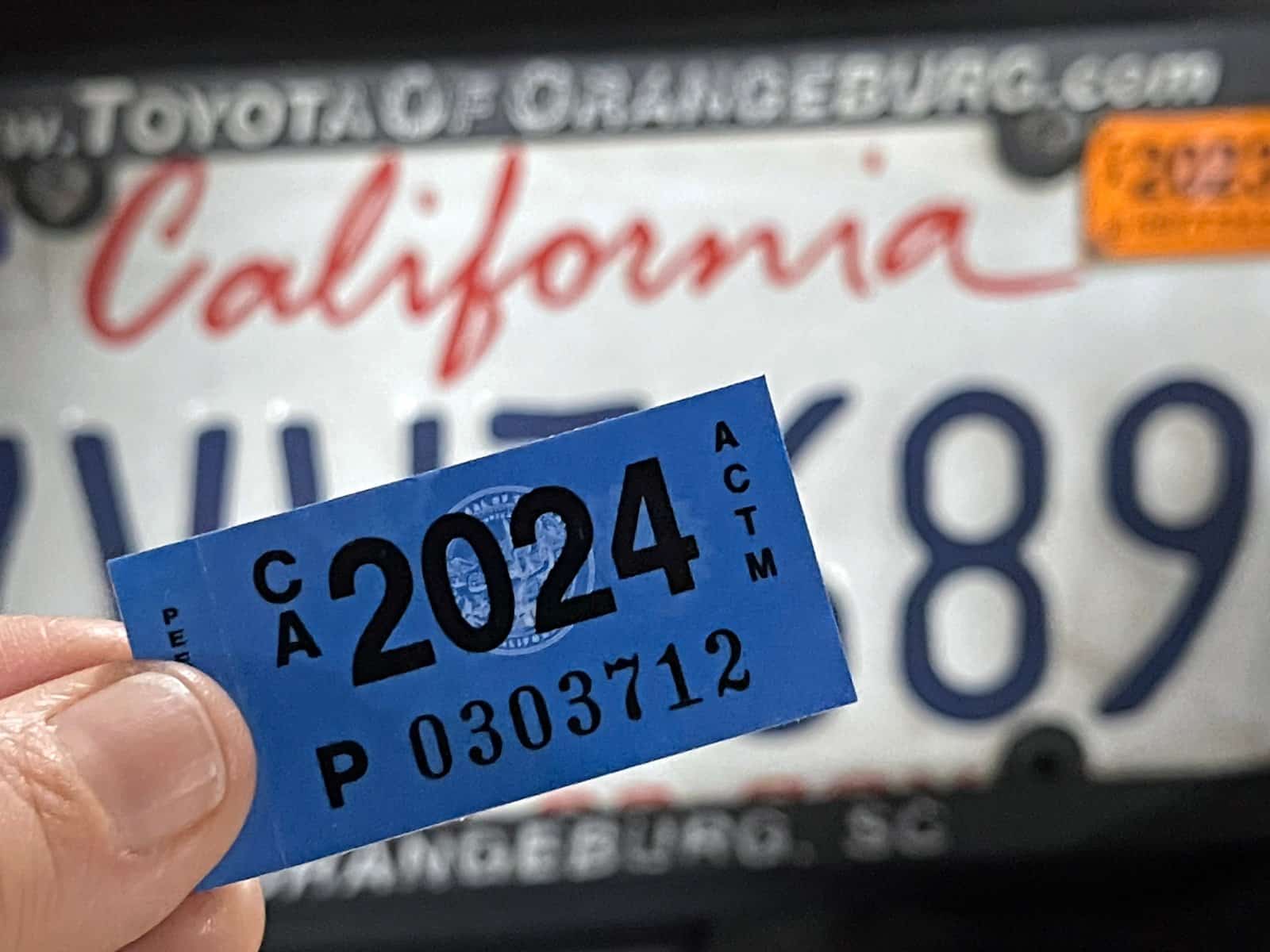The head of an enormous malware network has been arrested, after facilitating billions of dollars worth of cyber crimes in nearly 200 countries.
One of the World’s Biggest Botnets

Federal investigators, with the help of law enforcement agencies around the world, have dismantled one of the largest malicious malware networks in the world, also known as a botnet.
What is a Botnet?

A botnet is defined as a “network of computers infected by malware that are under the control of a single attacking party,” according to the multinational cybersecurity company Palo Alto Network.
19 Million IP Addresses Affected

The US Department of Justice confirmed that the network had contained over 19 million IP addresses that were used to carry out a series of cyber crimes around the world, including fraud and identity theft, among others.
911 5S

The “single attacking party” who created and controlled the botnet, known as “911 S5,” was arrested.
The Perpetrator Detained

The DOJ confirmed his identity as Yunhe Wang, a 35-year-old Chinese national, who is also a dual citizen of St Kitts and Nevis.
190 Countries Affected

His crimes extended to more than 190 countries and included tens of thousands of transactions that generated billions of dollars illegally.
“An Infrastructure Highway for Crimes”

FBI cyber division deputy assistant director Brett Leatherman described Wang’s botnet as “an infrastructure highway for carrying out crimes such as bomb threats, financial fraud, identity theft, child exploitation, initial access brokering, and many other computer crimes.”
8 Years Long

The cyber crimes were committed between 2014 to 2022 and used 150 different servers in various countries.
Selling VPNs

His scheme was executed by selling Virtual Private Network (VPN) programs and other pay-per-install internet services that then installed malicious software on personal computers once they were installed.
Sold on to Cybercriminals

This malware allowed Wang and other accomplices to co-opt IP addresses remotely, before selling the millions of stolen IP addresses to cybercriminals, which is how he made most of his money from the scheme.
Bypassing Systems for Years

“Cybercriminals have used the 911 S5 service to bypass financial fraud detection systems in the United States and elsewhere and have successfully stolen billions of dollars from financial institutions, credit card issuers and account holders, and federal lending programs since 2014,” court documents read.
Billions in Covid Relief

According to prosecutors the network was also responsible for the IP addresses used to siphon over $5.9 billion in Covid-19 pandemic relief funds.
“Significant Theft Against Americans”

“The majority of the fraud came from fraudulent pandemic relief fund applications,” Leatherman added. “That is a significant theft against Americans who in very difficult times were looking for financial relief related to the pandemic.”
Living Large on Stolen IP

During these years Wang also used the illegally-gained funds to purchase $30 million worth of real estate across the U.S., St. Kitts and Nevis, China, Singapore, Thailand, and the United Arab Emirates.
Four Counts of Conspiracy

Wang has been convicted on four conspiracy charges, including conspiracy to commit “substantive” computer fraud and money laundering. He could face up to 65 years in prison.
A Free Agent

The DOJ has also confirmed that Wang’s network was unlikely to be tied to any nation-states, and was instead created solely for personal financial gains.
$99 Million in Personal Profits

Altogether prosecutors believe that Wang netted over $99 million in personal profit through stolen IP addresses which were then laundered through American banking institutions. $60 million in assets, including property and luxury items, have been seized.
Sanctioned by the Treasury Department

The US Treasury Department has now sanctioned Wang, two suspected accomplices, and three companies controlled by Wang: Spicy Code Company Limited, Tulip Biz Pattaya Group Company Limited, and Lily Suites Company Limited.
Justifiable Concerns

While it is a considerable achievement by law enforcement, the case has only emphasized concerns over large-scale cybersecurity threats, particularly those backed by foreign powers such as China and North Korea, amongst others.
“The Justice Department Will Never Stop Fighting”

“This case makes clear that the long arm of the law stretches across borders and into the deepest shadows of the dark web, and the Justice Department will never stop fighting to hold cybercriminals to account,” said Attorney General Merrick B Garland in a public statement on the case.
23 Steep Taxes Adding to California Residents’ Burden

California: a place of sunshine, innovation, and, unfortunately, some of the nation’s highest taxes. From LA’s beaches to Silicon Valley’s tech hubs, residents grapple with a maze of state taxes. Here’s a glance at 23 taxes that might surprise both Californians and outsiders. 23 Steep Taxes Adding to California Residents’ Burden
Cash in on Nostalgia: 21 Toys Now Worth a Fortune

Time to dust off the boxes and find that once-cherished toy from your childhood. For collectors and enthusiasts, these items have become valued objects, and they can be worth big bucks – are there any of these in your attic? Cash in on Nostalgia: 21 Toys Now Worth a Fortune
Millennials Don’t Buy These 19 Products Anymore

Millennials are changing consumer habits, quietly replacing once-staple products and traditions. Often criticized for their disruptive preferences, this generation is reshaping the marketplace with digital expertise, ethical buying, and a taste for the unconventional. Millennials Don’t Buy These 19 Products Anymore
Featured Image Credit: Shutterstock / Gorodenkoff.
The content of this article is for informational purposes only and does not constitute or replace professional financial advice.
